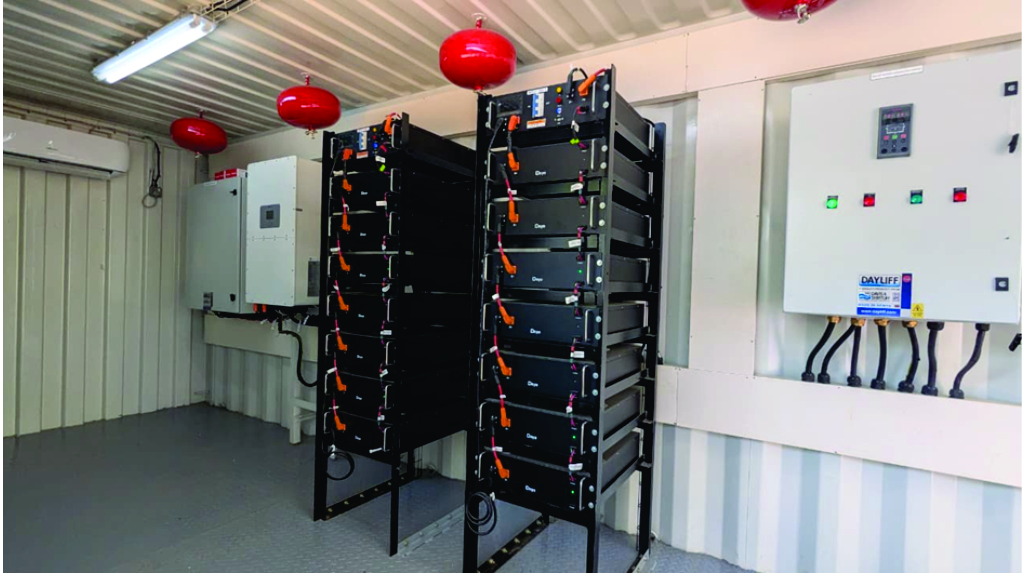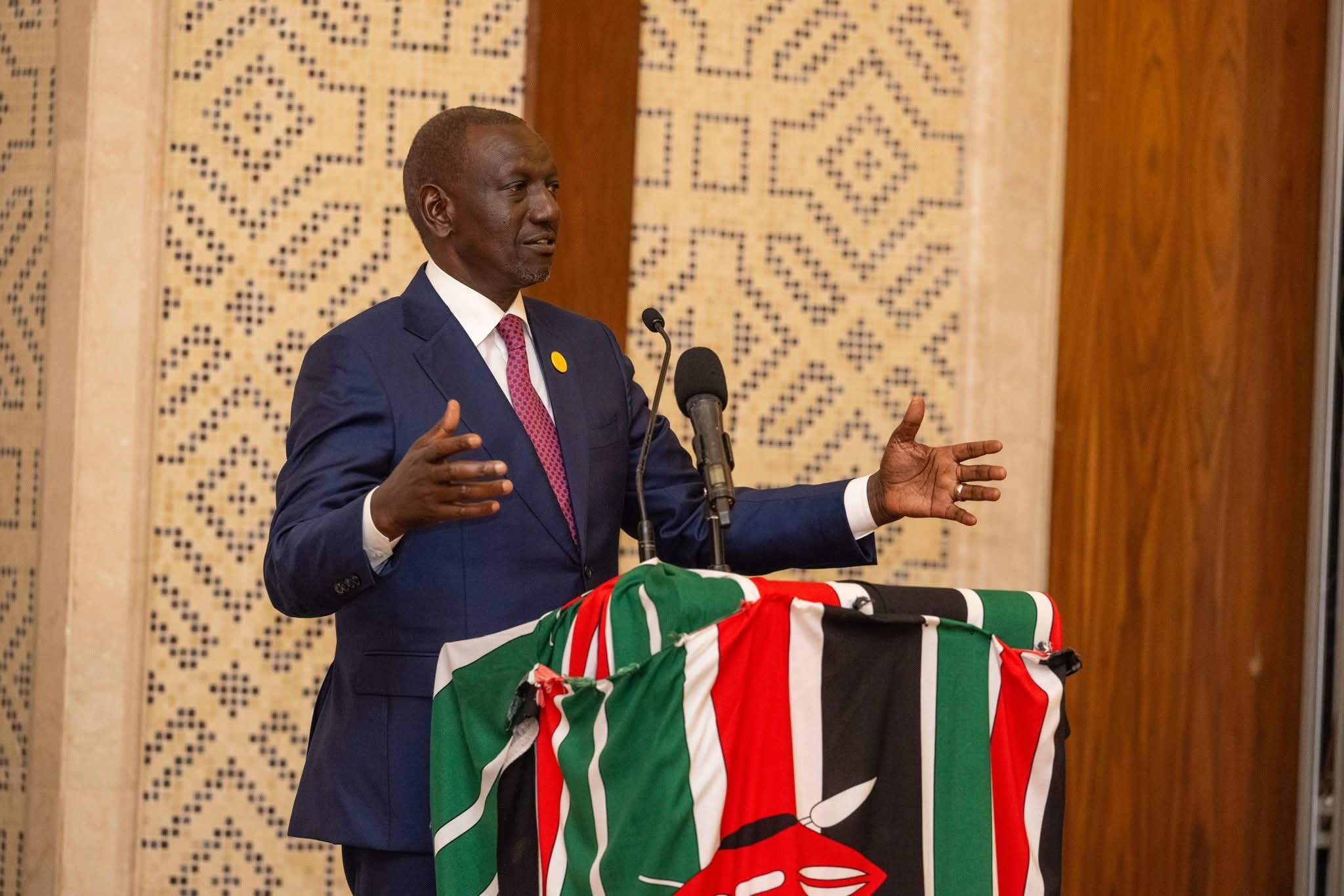 The new modular containerised solar hybrid system by Davis & Shirtliff set to help millions of Kenyans living in off-grid areas access clean and affordable electricity./HANDOUT
The new modular containerised solar hybrid system by Davis & Shirtliff set to help millions of Kenyans living in off-grid areas access clean and affordable electricity./HANDOUTDavis & Shirtliff has launched a modular containerised solar hybrid system aimed at expanding access to clean and affordable electricity for millions of Kenyans living outside the national grid.
The water and energy solutions company said the new system is designed for remote locations where access to reliable power remains a challenge. The first unit has already been installed in Lodwar, Turkana County.
The Lodwar installation features a 50 kW solar hybrid inverter and a 70 kWh battery storage system.
The set-up provides steady electricity throughout the day and night and significantly cuts dependence on diesel generators, which are costly to operate and harmful to the environment.
Managing Director Edward Davis said the technology is built to address long-standing gaps in rural electrification.
“This is an important step in delivering clean, reliable energy to areas long without access,” he said.
He added that the plug-and-play design is meant to speed up deployment. “By offering a ready-to-use system, we are helping communities gain electricity faster and more affordably, supporting both economic growth and social development,” he said.
The hybrid system is compact, fully assembled and easy to transport. It can be installed quickly, even in harsh or isolated environments. Davis & Shirtliff said it is suited for rural communities, schools, clinics, small businesses, trading centres and humanitarian operations.
Kenya continues to face large electrification gaps, particularly in rural and arid regions. According to the Ministry of Energy, about 43 per cent of the country’s population is still not connected to the national grid.
At the same time, the mini-grid and off-grid energy sector is expanding as technology becomes more efficient and affordable. Solar hybrid systems are increasingly viewed as the most viable solution for powering remote settlements.
A 2024 global mini-grids market report funded by UK aid found that Kenya needs solar hybrid mini-grids to serve at least 1.3 million people and add 125 MW of power capacity to achieve universal access by 2030 using least-cost options. Meeting this target will require an estimated investment of about USD 281 million.
Studies conducted on Kenya’s mini-grid systems show that reliable electricity can transform rural communities. Households with access to dependable power often see increases in income, longer business operating hours, improved education outcomes and enhanced security.
Davis & Shirtliff said its new system responds directly to this demand for decentralised energy. The technology integrates solar generation and battery storage, allowing users to tap into renewable energy even after sunset. Its modular nature means multiple units can be added as demand rises.
The company said the quick-deployment design is expected to help fast-track electrification in isolated regions that are unlikely to receive grid connections in the near future.
The launch comes at a time when Kenya is accelerating efforts to strengthen its off-grid energy infrastructure, driven by environmental goals and the need to improve social and economic opportunities in underserved regions.



















